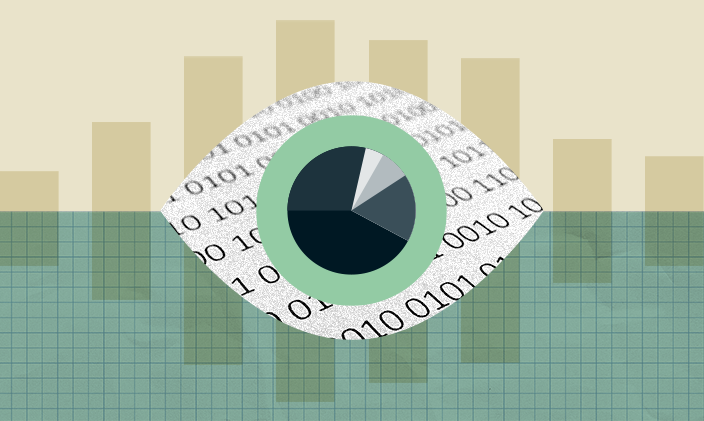
University of Phoenix shares insights on transferring college credit and seeking an assessment on earning college credit for life and work experiences during National Transfer Student Week
By Sharla Hooper
Media tour features Devin Andrews, Vice President of Assessment and Evaluation
University of Phoenix this week shared insights on how students can transfer credit and seek an assessment on earning college credit for life and work experiences, in a media tour with Devin Andrews, vice president of assessment and evaluation. During the tour, Andrews highlighted the availability of a new Savings Explorer tool created by University of Phoenix, that helps individuals understand, even before they become a student, the many ways that may be available to save time and money, including how they might get college credit from relevant prior life experience.
There are currently about 39 million adults in the U.S. with some college and no degree. Additionally, a recent report found that during the pandemic, about 300,000 students who normally would have transferred, instead stopped their educational journey.
Students who have some college and no degree do not need to start over but can continue their work toward a degree by transferring. Transferring eligible credit can lower costs and help individuals find the school that best fits their educational needs and career aspirations. Moreover, these adults may also be able to gain additional credit from learning obtained through prior experiences. When college credits from institutions and for prior learning can cover up to 75% of a bachelor’s degree at universities like University of Phoenix, it is important for individuals to understand how to leverage them.
“Students deserve to receive credit for learning, work and lived experiences along the entirety of their educational path. Transferring credit can provide a new, equitable path forward to completing that degree, saving students money and time,” states Andrews. “Anytime you transfer college credit, you likely do not have to take or pay for a course at the new university and so you are saving money and getting value from your prior efforts.”
Students can transfer college credit from community colleges into bachelor’s degree programs. University of Phoenix has agreements with many community colleges across the U.S. that allow students to transfer up to 87 credits towards a bachelor’s degree.
Andrews also highlighted the value of relevant work and life experience that can be applied toward earning college credit through an assessment process. “Credit for prior learning means that what you have learned from your work and life experiences can be recognized as potential college credit,” she shares. “Many adult learners may have learning obtained from experiences outside the classroom, such as professional training programs, military training and service, or national testing programs which gives them a level of understanding at the same level as a student that would have taken a college course in a similar subject area.”
Many institutions including University of Phoenix offer an individualized assessment or process to evaluate experience or learning for potential college credit. “In addition to formal learning or service experiences that can be assessed for college credit, we also have an individualized credit for prior learning process that looks at a portfolio of activities that can demonstrate student learning from unique life circumstances and work experiences through essays students submit for evaluation for academic credit,” Andrews states.
“When someone is returning to school, they should take a close look at the institution’s policies and evaluation of transfer credit procedures, as well as whether they offer credit for prior learning,” she adds.
A champion for continuous improvement and innovation, with a passion for helping adult learners achieve their educational goals, Andrews has experience leading University-wide initiatives related to technology and innovation to improve outcomes for diverse stakeholders. This includes increasing credit for prior learning through improved awareness and experience, and decreased cost.
Andrews engages in the broader higher education community through presentations, articles, and participation in committees for the Pacific Association of Collegiate Registrars and Admissions Officers, the American Association of Collegiate Registrars and Admissions Officers, and the Council for Adult and Experiential Learning. She first began her tenure with the University in 1999 as an academic counselor and has since held numerous administrative and executive positions. Andrews holds a bachelor’s degree in Political Science from University of Arizona and a Master of Arts in Education from University of Phoenix.
Andrews shared insights during a virtual media tour on October 20, speaking with more than 20 media outlets across the U.S.
About University of Phoenix
University of Phoenix is continually innovating to help working adults enhance their careers in a rapidly changing world. Flexible schedules, relevant courses, interactive learning, and Career Services for Life® help students more effectively pursue career and personal aspirations while balancing their busy lives. For more information, visit phoenix.edu.


